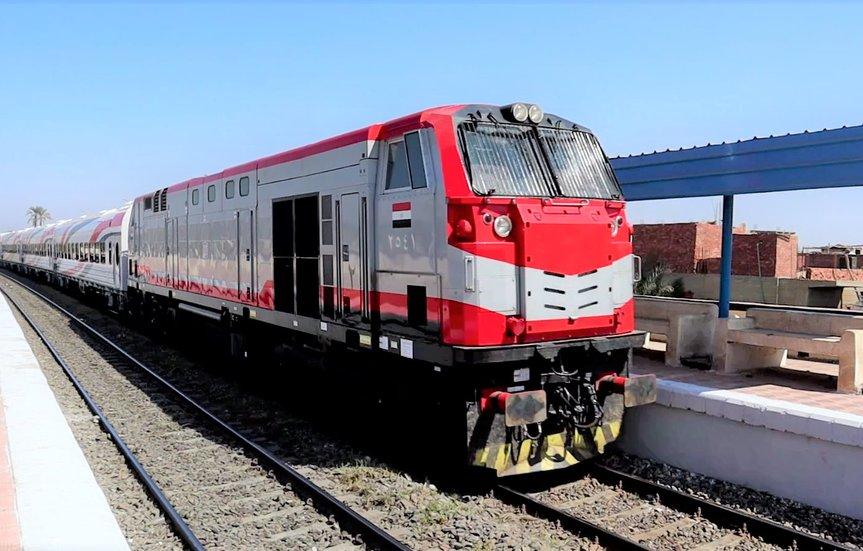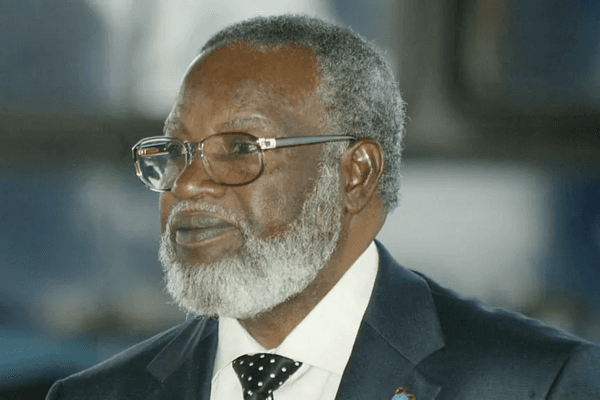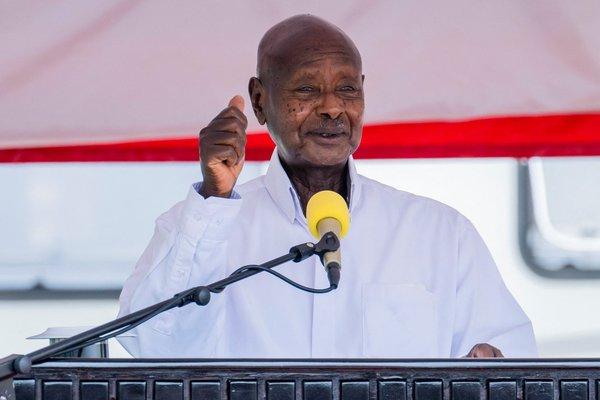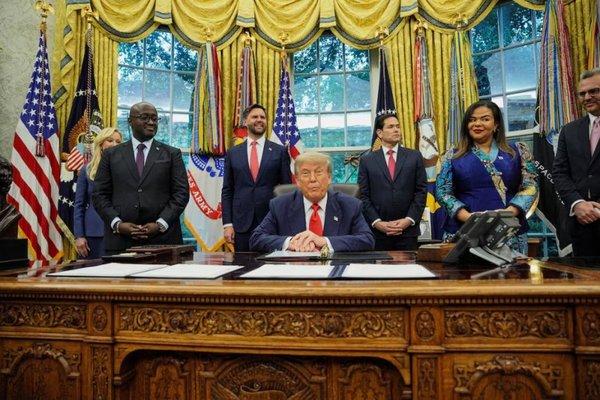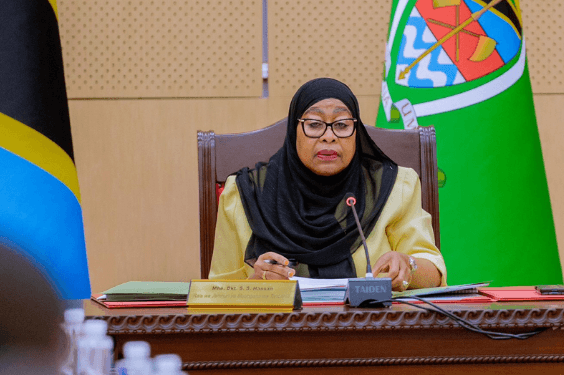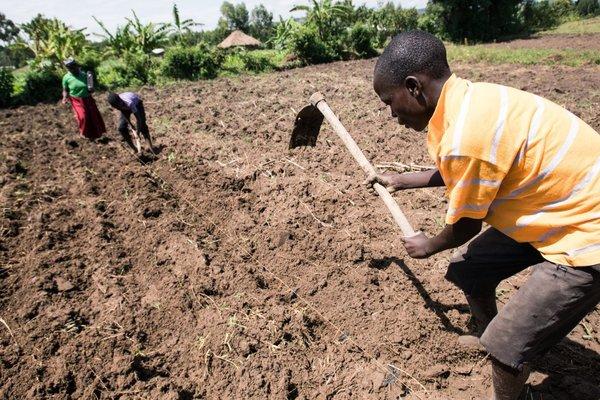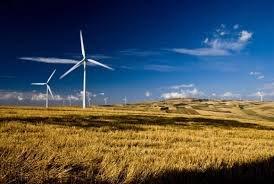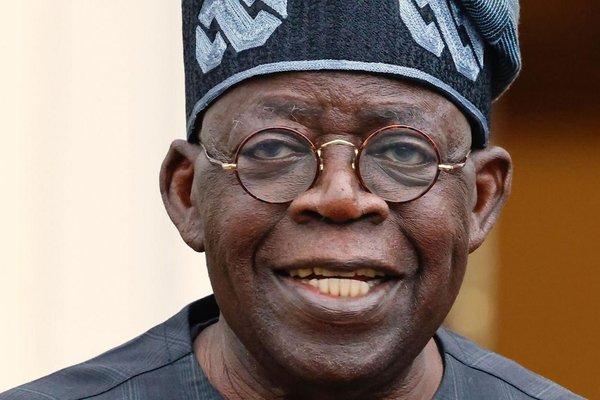Egypt
The capital city is Cairo, one of the largest cities in Africa and the Arab world. Egypt has a population of over 110 million people, making it the most populous country in the Arab world.

North-Eastern Africa

1,001,450sq kilometers

GMT+2

110 Million( as of 2025)

Arabic is the official Language, English and French

Islam for majority, Christianity for minority mainly Coptic orthodox Christians

Egyptian Pound(EGP)

H.E Abdel Fattah El-Sisi

Brief
Egypt is a transcontinental country located in Northeastern Africa, with a small portion in Asia (Sinai Peninsula). It is famously known as the "Gift of the Nile" due to the Nile River, which has been the lifeline of its civilization for thousands of years. Egypt has one of the oldest and most influential civilizations in history, known for its ancient pyramids, pharaohs, temples, and hieroglyphics.
Modern-day Egypt is a republic, with Arabic as the official language and Islam as the dominant religion. Its economy relies on tourism, agriculture, natural gas, and the Suez Canal, a key global trade route.
Tourist attractions like the Pyramids of Giza, the Sphinx, and the Valley of the Kings continue to draw millions of visitors each year, making Egypt a unique blend of ancient heritage and modern influence.
Egypt has one of the world's oldest civilizations, dating back over 5,000 years.
Ancient Egypt (c. 3100–332 BC): Known for pharaohs, pyramids, temples, and hieroglyphic writing.
Greco-Roman Period (332 BC – 641 AD): Began with Alexander the Great’s conquest. The famous Cleopatra was the last pharaoh.
Islamic Conquest (641 AD): Egypt became an Islamic territory under Arab control.
Ottoman Rule (1517–1867), followed by British occupation.
Independence: Officially gained independence in 1952, becoming a republic.
Cultural Life
Culltural milieu
The cultural milieu of Egypt is a vibrant and complex blend of ancient traditions, Islamic values, and modern influences. At its heart is a deep respect for family and community, with strong bonds between family members and a strong sense of hospitality towards guests. Egyptian culture is also deeply rooted in its pharaonic legacy, with iconic landmarks like the Pyramids and temples serving as a testament to its rich history. Islam plays a significant role in shaping daily life, with many Egyptians adhering to Islamic customs and practices. Despite the challenges of modernization and globalization, Egyptian culture remains resilient and adaptable, with a thriving arts scene, a love of music and dance, and a strong sense of national pride. From the bustling streets of Cairo to the tranquil villages of the Nile Delta, Egypt's cultural milieu is a dynamic and multifaceted entity that continues to evolve and thrive.
Daily Life and social customs
Social life in Egypt is vibrant and deeply rooted in family, tradition, and community. Family is the cornerstone of Egyptian society, with strong intergenerational ties and respect for elders playing a central role. Social gatherings often revolve around meals, celebrations, and religious events, particularly Islamic holidays such as Ramadan and Eid. In both urban and rural settings, hospitality is a cherished value, and visitors are warmly welcomed. Cafés and public spaces serve as common venues for socializing, especially for men, while women often connect within family or community circles. Though modern influences have shaped lifestyles, especially in cities like Cairo and Alexandria, traditional customs, religious practices, and a sense of collective identity remain deeply woven into everyday Egyptian life.
PHOTOS
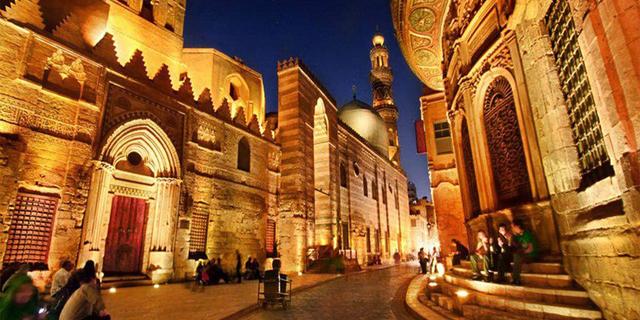


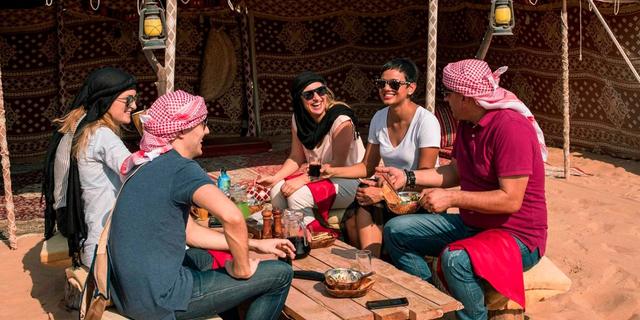
Cuisines
Egyptian cuisine is a rich blend of ancient traditions and Mediterranean, Middle Eastern, and African influences, featuring hearty, flavorful dishes made with simple ingredients. Staples include bread (baladi), rice, and legumes, with ful medames (mashed fava beans) and taameya (Egyptian falafel) being popular everyday meals. Koshari, a beloved national dish, combines rice, pasta, lentils, and fried onions topped with spicy tomato sauce. Meat dishes like kofta, shawarma, and molokhia (a green soup made from jute leaves) are also widely enjoyed. Seafood is prominent in coastal regions, particularly around Alexandria. Desserts such as basbousa, konafa, and baklava reflect Egypt’s sweet tooth, while mint tea and strong Arabic coffee are traditional beverages served in homes and cafés.
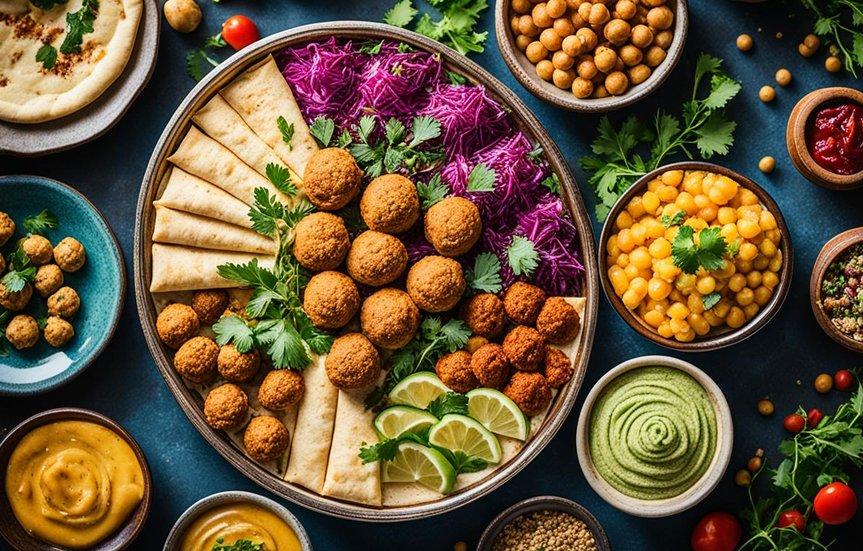
Photos




Music
Egyptian music is a vital part of the country's cultural identity, blending ancient traditions with modern innovation. It encompasses a wide range of styles, from classical Arabic compositions featuring instruments like the oud, qanun, and nay, to contemporary genres such as Egyptian pop, shaabi (urban folk), and mahraganat (electronic street music). Legendary artists like Umm Kulthum, Mohamed Abdel Wahab, and Abdel Halim Hafez have left a lasting legacy, with their emotionally rich songs still deeply cherished today. In modern Egypt, musicians continue to innovate, fusing traditional melodies with hip-hop, electronic, and global influences, making music a dynamic and evolving expression of Egyptian life across generations and social settings.


Arts
Egyptian art reflects the country’s rich historical legacy and contemporary creativity. Ancient Egyptian art—famous for its hieroglyphs, sculptures, and intricate tomb paintings—set the foundation for a deep artistic tradition focused on symbolism, religion, and daily life. Today, Egyptian art spans diverse forms, including calligraphy, mosaic, ceramics, and textiles, with many artists drawing inspiration from Pharaonic, Islamic, and Coptic heritage. Modern Egyptian artists express themselves through painting, sculpture, photography, and street art, often addressing social and political themes. Cairo, in particular, is a hub for galleries, exhibitions, and art schools, while folk art traditions remain strong in rural areas, preserving Egypt’s unique blend of past and present in visual culture
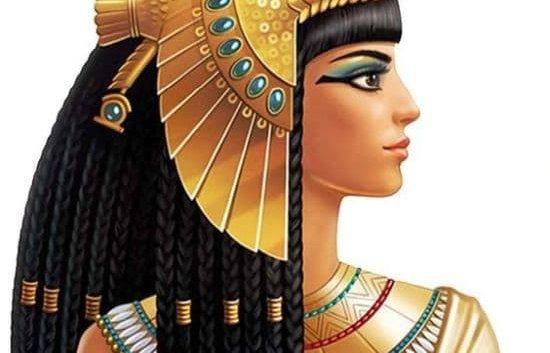


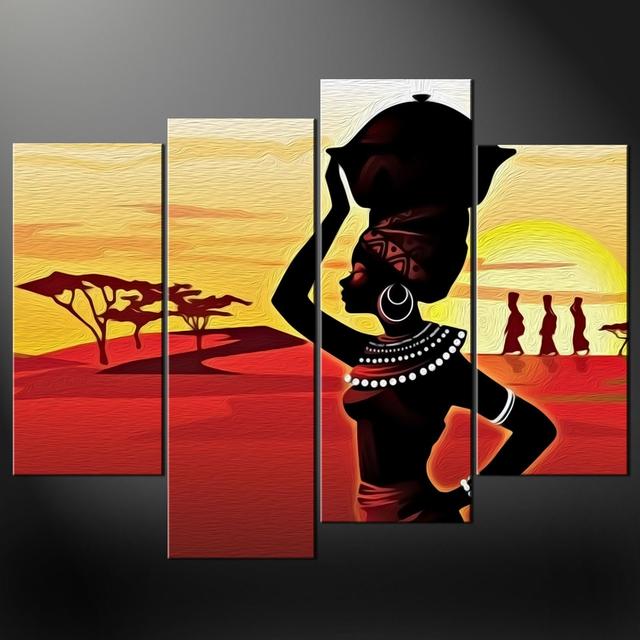

People
Ethnic Groups
Egypt’s population is ethnically homogeneous, with the vast majority identifying as ethnic Egyptians, who are primarily of ancient Egyptian, Arab, and some Mediterranean descent. However, there are several minority groups that contribute to the country’s cultural diversity. Nubians, living mainly in southern Egypt near Aswan, have distinct languages and traditions rooted in ancient Nubia. The Bedouins, nomadic Arab tribes in the Sinai Peninsula and parts of the Eastern and Western Deserts, maintain unique customs and tribal structures. Other smaller groups include the Beja in the southeast and communities of Berbers, Dom (Gypsies), and descendants of sub-Saharan Africans. Though small in number, these groups play an important role in Egypt’s cultural mosaic.




Religion
Religion plays a central role in Egyptian society, with Islam being the dominant faith. Around 90% of Egyptians are Sunni Muslims, and Islamic practices deeply influence daily life, law, and cultural traditions. Coptic Christianity, primarily represented by the Coptic Orthodox Church, is the largest religious minority, making up about 10% of the population. Copts have a rich religious and cultural heritage, with churches, monasteries, and festivals spread across the country. Though Egypt officially recognizes religious freedom, relations between religious communities can sometimes be strained. Overall, religion remains a powerful force shaping Egypt’s social norms, public discourse, and national identity.
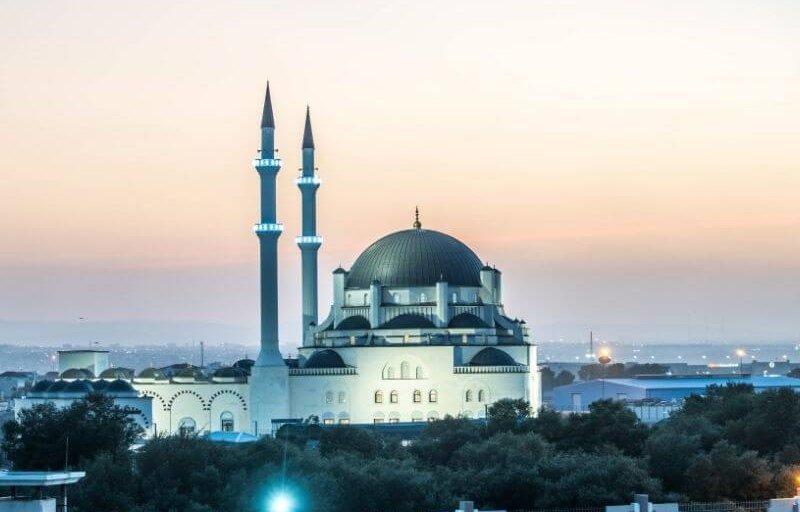
Settlement Patterns
Settlement patterns in Egypt are heavily influenced by geography, with the vast majority of the population concentrated along the Nile River and its delta, where fertile land supports agriculture and urban development. Cities such as Cairo, Alexandria, and Luxor are densely populated urban centers located along the Nile, while most of the rest of Egypt is sparsely inhabited desert. Rural villages, often centered around farming, dominate the Nile Valley and Delta, while urbanization has rapidly expanded in and around major cities. Settlements in the Sinai Peninsula, Western Desert oases, and Red Sea coast are less common but growing due to tourism, mining, and development projects. This uneven distribution highlights the country's reliance on the Nile as its lifeline.



Demographic Trends
Egypt’s demographic trends reflect a large, youthful, and gradually urbanizing population. As of early 2025, Egypt’s population totals around 118 million, growing at about 1.6 % per year . The median age is approximately 24.5 years, underscoring a youthful demographic profil. Roughly 32–34 % of the population is under 15, while about 5 % are aged 65 or older, leaving the majority (over 60 %) in the working-age bracket of 15–64
The fertility rate has declined steadily, reaching around 2.4 births per woman in 2024, down from higher levels in previous years, and expected to further moderate in coming decades . Improvements in healthcare have boosted the average life expectancy to approximately 75 years, and infant mortality has dropped to about 16–18 per 1,000 live births
Approximately 41 % of the population now lives in urban areas, with Cairo, Alexandria, and other Nile Valley cities being major population centers

Touristic Cities
Cairo City
Cairo, the capital city of Egypt, is a sprawling metropolis that serves as the political, cultural, and economic heart of the country. Located on the banks of the Nile River, it is one of the largest cities in both Africa and the Arab world, with a population exceeding 20 million in its greater metropolitan area. Cairo is known for its rich history, blending ancient heritage with modern life. It houses iconic landmarks such as the Egyptian Museum, Al-Azhar Mosque, and the nearby Giza Pyramids. The city is a hub of education, media, and commerce, and hosts numerous universities, government institutions, and businesses. Despite challenges like traffic congestion and urban crowding, Cairo remains a vibrant city where tradition and modernity coexist, offering a dynamic snapshot of Egypt’s past and present.

Besides Cairo, Egypt has several important cities that contribute to the country’s cultural, economic, and regional diversity. Alexandria, the second-largest city, is a historic Mediterranean port known for its ancient heritage and vibrant seafront. Giza, part of Greater Cairo, is famous worldwide for the iconic pyramids and the Sphinx. Luxor, often called an open-air museum, attracts tourists with its ancient temples and royal tombs. Aswan in the south offers stunning Nile views and historic sites like the Aswan High Dam. Port Said and Suez are key cities along the Suez Canal, vital for shipping and trade. Additionally, resort cities like Sharm El-Sheikh and Hurghada on the Red Sea coast draw visitors with their beaches and diving spots. Together, these cities showcase Egypt’s rich history, economic importance, and tourist appeal.



Accommodations
Guesthouses
Guesthouses in Egypt offer travelers an affordable and authentic way to experience local hospitality. Common in areas like Luxor, Aswan, Dahab, and Siwa Oasis, these small, often family-run establishments provide simple accommodations with a warm, personal touch. Guests enjoy home-cooked meals, cultural interactions, and the chance to immerse themselves in local traditions. Many guesthouses are located near historical sites or natural attractions, making them a favorite for backpackers and tourists seeking a quiet, community-centered alternative to large hotels.


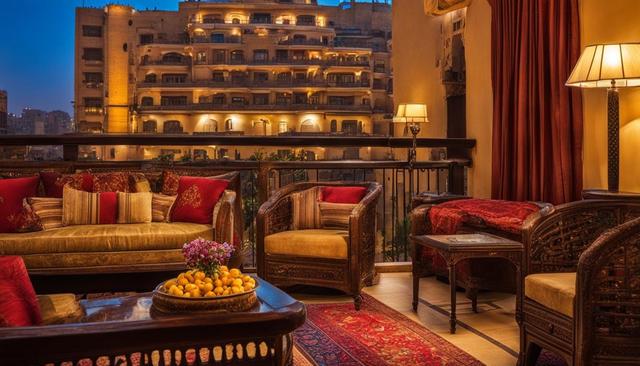
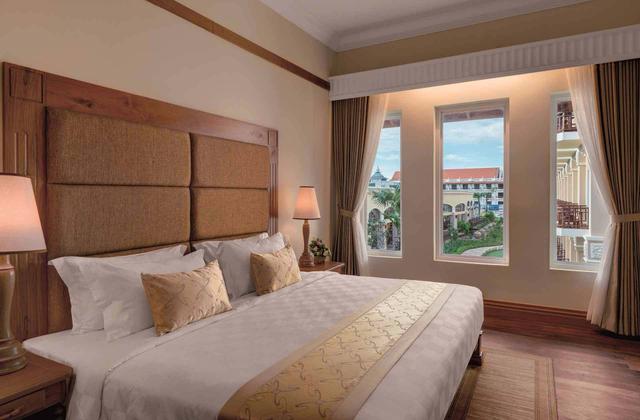
Hotels and Resorts
Egypt boasts a wide range of hotels catering to every type of traveler, from luxury resorts in cities like Cairo, Sharm El Sheikh, and Hurghada to budget hotels and business accommodations. International hotel chains offer high-end amenities such as spas, pools, and fine dining, while local hotels often combine comfort with a touch of Egyptian charm. Whether tourists are visiting the ancient pyramids, cruising the Nile, or enjoying Red Sea beaches, the country's diverse hotel infrastructure ensures convenient and comfortable lodging options.

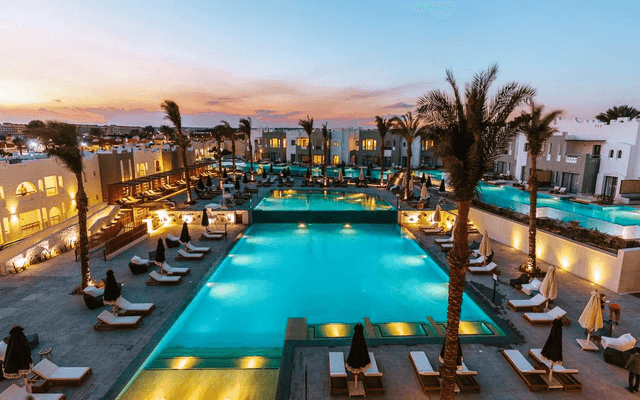


Raids
In Egypt, “raids” are adventurous desert excursions, often undertaken by 4x4 vehicles or camel treks across vast landscapes like the White Desert, the Western Desert, or the Sinai Peninsula. These guided tours blend thrilling exploration with cultural experiences, allowing travelers to visit remote oases, Bedouin settlements, and ancient caravan routes. Desert raids can last from a day to several days, often including camping under the stars, traditional meals, and storytelling around campfires. They attract adventure tourists eager to discover Egypt’s lesser-known natural wonders.




Campings
Camping in Egypt provides a unique opportunity to connect with nature and history. Popular camping areas include the deserts of Siwa, the Black and White Deserts, and coastal regions near the Red Sea. Campers can choose between basic tent setups, eco-camps, or more structured desert camps that offer meals and amenities. Stargazing, hiking, sandboarding, and exploring geological formations are common activities. Camping is particularly popular with eco-tourists and adventure seekers looking to explore Egypt beyond its iconic monuments and cities.




Requirement for Visa
Documents to be submitted when applying for Visa
Passport & Validity
Passport must be valid for at least 6 months beyond your intended entry date and have 1–2 blank pages depending on how you're applying .
Who Needs a Visa?
Most nationalities, including Ugandans, require a visa for tourism or business .
Ugandan citizens:
e‑Visa: Not available .
Visa on arrival: Not available .
Must apply in advance at the Egyptian embassy or consulate in Kampala (or nearest).
Types & Where to Apply
Tourist visa: Apply via Egyptian embassy/consulate in Kampala.
Business, work, student, etc.: Additional documentation needed (e.g. invitation letters, work permits, acceptance letters) .
Required Documents (Tourist Visa)
- Completed application form (typically two copies).
- Passport photo(s) – 2″ × 2″ on white background; recent .
- Passport + photocopies of biographical page.
- Proof of onward/departure travel (return ticket) .
- Proof of accommodation (hotel booking or invitation letter) .
- Visa fee payment – formats vary; embassy will specify (e.g., cashier’s check, bank draft, or cash) .
Additional for Specific Visas
Business visa: Invitation from Egyptian entity + company letter .
Work visa: Requires a government-issued work permit .
Student visa: Acceptance letter from educational institution .
Health & Other Requirements
Yellow fever vaccination certificate if arriving from a country at risk .
Declare valuables, including electronics and cash over $10,000, upon entry .
Timeline & Fees
Processing time: Embassy processing may take 10 business days or longer—plan ahead .
Visa fee: Varies by type—typically around US $25 – 60 plus service fees. Embassy will confirm exact amount.
Item Notes
Passport Valid ≥ six months + blank pages
Photos One or two 2″ × 2″
Completed form Usually two copies
Copies of passport Photo page
Travel itinerary Return/onward ticket
Proof of stay Hotel booking or invitation
Payment As specified by embassy
Yellow fever cert. If applicable
Health insurance Recommended
Next Steps
- Contact the Egyptian embassy in Kampala to confirm document formats, fees, and submission method.
- Prepare and submit your application with all documentation.
- Allow sufficient time (at least 2 weeks) before your planned departure.
Economy of Egypt
Agriculture sector
Agriculture in Egypt is a vital sector that relies heavily on the Nile River’s annual flooding and irrigation systems to sustain crop production in an otherwise arid environment. The country’s fertile Nile Valley and Delta regions are the main centers of agricultural activity, producing staple crops such as wheat, rice, corn, cotton, and sugarcane. Egypt is also known for its cultivation of fruits and vegetables like citrus, tomatoes, and potatoes, which support both domestic consumption and export markets. Despite challenges such as water scarcity, land degradation, and climate change, agriculture remains a significant source of employment for millions of Egyptians, especially in rural areas. The government has invested in modern irrigation and farming technologies to improve productivity and sustainability.

Tourism is one of Egypt’s most important economic sectors, generating substantial income and employment. The country is world-renowned for its ancient monuments, including the Pyramids of Giza, the temples of Luxor and Karnak, and the Valley of the Kings. In addition to its historical treasures, Egypt offers beach resorts along the Red Sea, desert adventures, and Nile River cruises. Despite periodic downturns due to political instability and global events like the COVID-19 pandemic, tourism has rebounded strongly, supported by government initiatives, infrastructure upgrades, and international marketing campaigns.

Trade plays a crucial role in Egypt’s economy, with the country acting as a strategic gateway between Africa, the Middle East, and Europe. Key exports include petroleum products, natural gas, textiles, agricultural goods, and chemicals, while major imports consist of machinery, foodstuffs, vehicles, and electronics. Egypt's main trading partners include China, the United States, the UAE, and the European Union. The Suez Canal is a vital global trade route and a significant source of revenue. The government continues to expand trade agreements and develop industrial zones to boost exports and reduce the trade deficit.
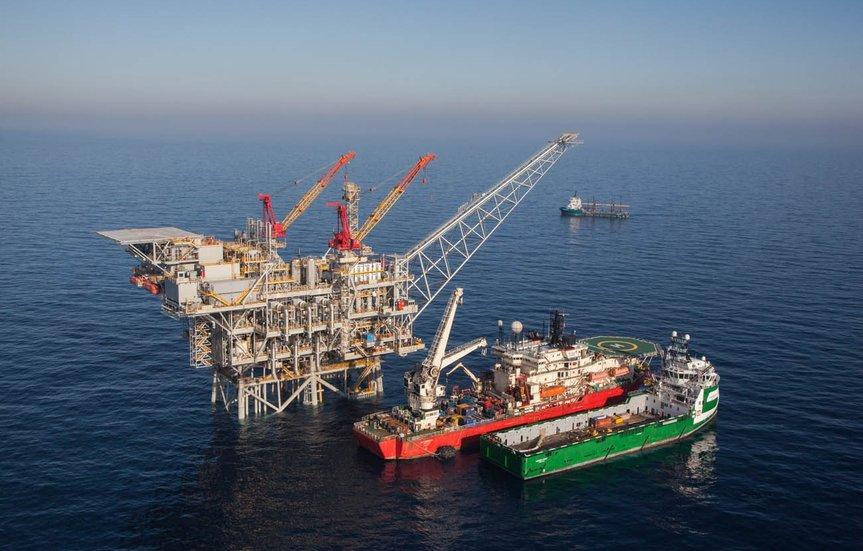
Egypt has a well-established and diversified financial sector that includes a strong banking system, a growing capital market, and insurance and microfinance institutions. The Central Bank of Egypt (CBE) oversees monetary policy and regulates the banking system, which includes both public and private banks. In recent years, the government has implemented reforms to improve financial inclusion, promote digital banking, and stabilize inflation and exchange rates. Egypt’s financial sector has shown resilience, attracting foreign investment and supporting major development projects despite global economic pressures
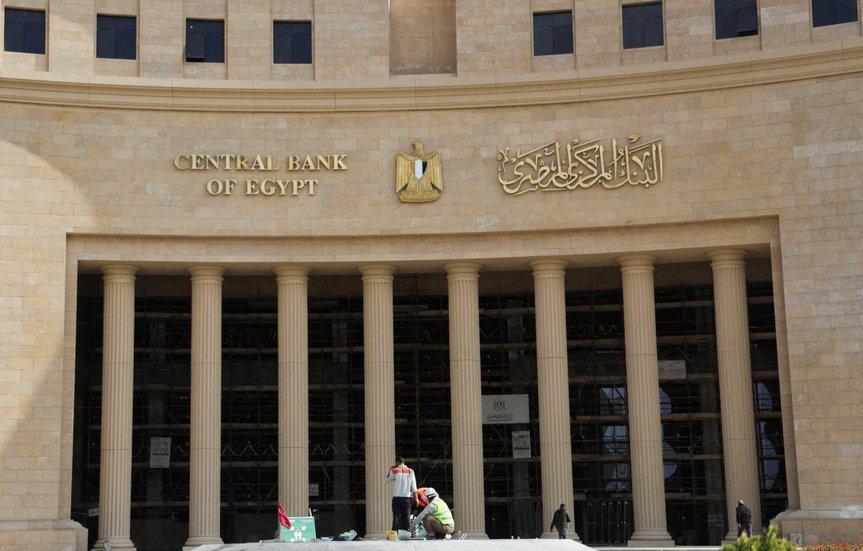
Transportation and Telecommunication
Transportation and telecommunication in Egypt are relatively well-developed compared to many countries in the region, supporting the country’s large population and economy. Egypt boasts an extensive road network that connects major cities, rural areas, and border crossings, though traffic congestion is common in urban centers like Cairo. The country also has a comprehensive railway system, one of the oldest in Africa, linking key cities and facilitating both passenger and freight transport. The Cairo Metro, the first of its kind in Africa and the Middle East, serves millions daily. Egypt’s airports, including Cairo International, are major hubs for international and domestic flights. In telecommunications, Egypt has seen rapid growth in mobile phone usage and internet access, with multiple providers offering services nationwide. Efforts to expand broadband connectivity and modernize infrastructure continue, aiming to enhance digital inclusion and economic competitiveness.




Transportation and Telecommunication



